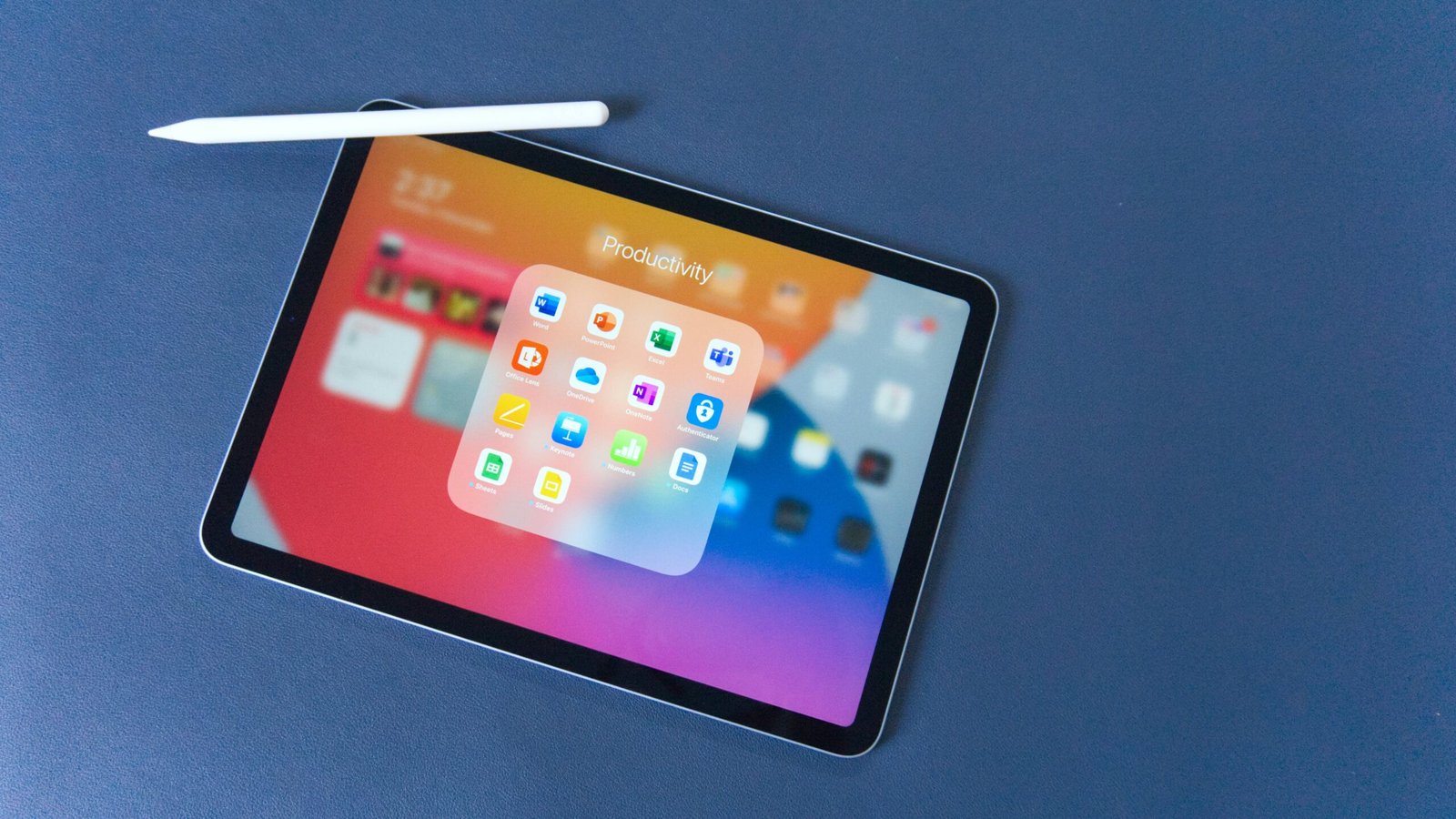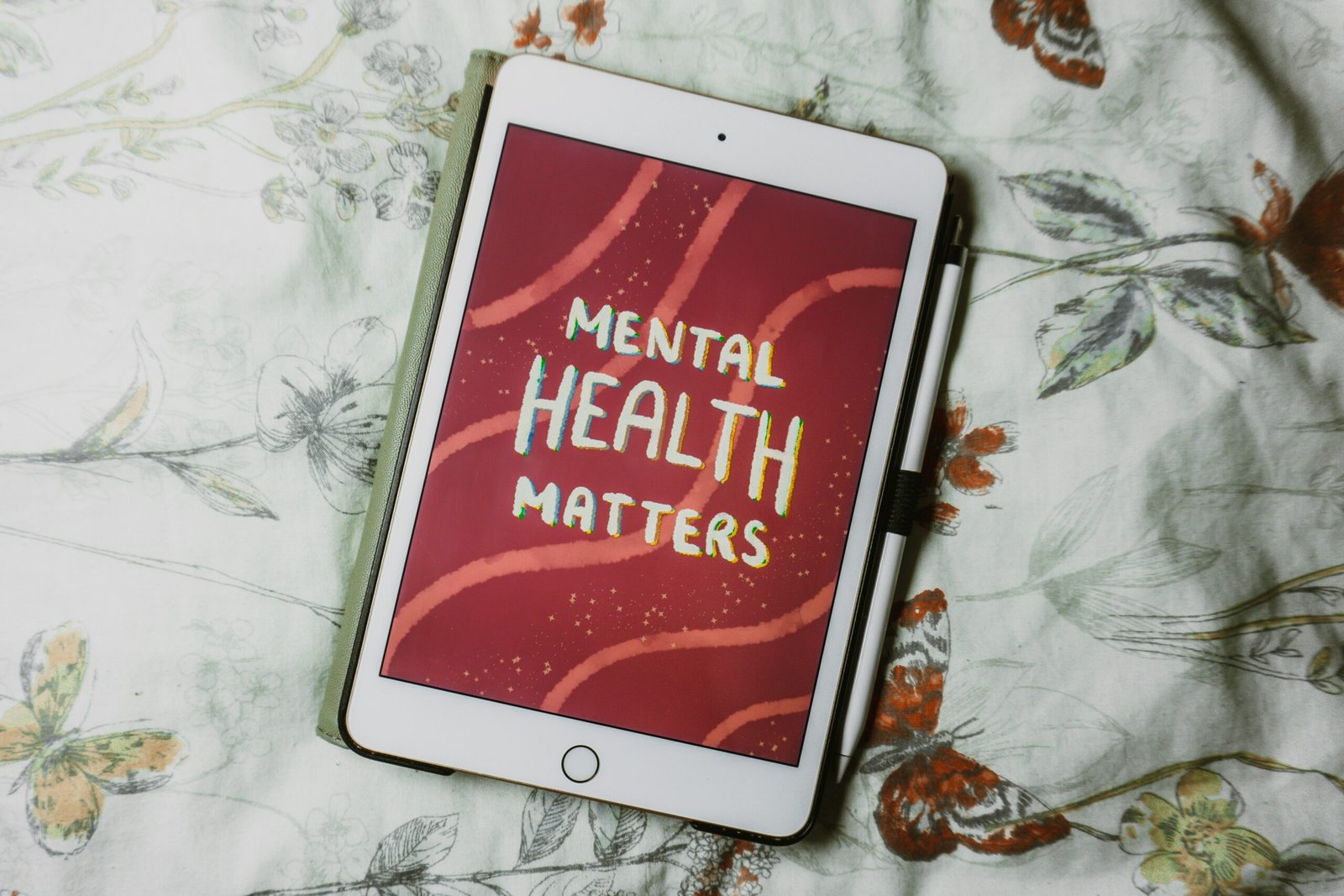Beginner’s Guide to Coding: Setting Yourself Up for Success

Introduction
Learning to code can be a daunting task, especially for beginners. With so many programming languages and resources available, it can be challenging to know where to start and how to succeed. In this blog post, we will provide some guidance on how beginners can get started with coding and set themselves up for success.
Choose the Right Language
When starting out with coding, it’s important to choose the right programming language to learn. There are numerous programming languages out there, each with its own strengths and purposes. Some popular languages for beginners include:
- Python: Known for its simplicity and readability, Python is a great language for beginners. It is widely used in various fields, including web development, data analysis, and artificial intelligence.
- JavaScript: As the language of the web, JavaScript is essential for front-end web development. It allows you to add interactivity and dynamic content to websites.
- C#: Developed by Microsoft, C# is commonly used for building Windows applications and games. It is also a popular language for Unity game development.
Choose a language that aligns with your interests and goals. Consider the demand for that language in the job market and the availability of learning resources.
Set Clear Goals
Before diving into coding, it’s essential to set clear goals for yourself. What do you want to achieve with coding? Do you want to build websites, create mobile apps, or explore data science? Setting specific goals will help you stay focused and motivated throughout your coding journey.
Break down your goals into smaller, manageable tasks. For example, if your goal is to build a website, you can start by learning HTML and CSS, then move on to JavaScript for interactivity. By setting achievable milestones, you’ll be able to track your progress and celebrate your accomplishments along the way.
Find Quality Learning Resources
There are countless learning resources available for beginners, ranging from online tutorials to coding bootcamps. However, not all resources are created equal. It’s important to find quality learning materials that suit your learning style.
Here are some recommended resources for beginners:
- Online coding platforms like Codecademy, FreeCodeCamp, and Udacity offer interactive coding courses and projects.
- YouTube channels such as The Coding Train and Traversy Media provide video tutorials on various programming topics.
- Books like “Python Crash Course” by Eric Matthes and “Eloquent JavaScript” by Marijn Haverbeke are highly regarded for beginners.
Remember to practice what you learn by building projects. Working on real-world projects will help you solidify your understanding of coding concepts and develop problem-solving skills.
Join a Coding Community
Learning to code doesn’t have to be a solitary journey. Joining a coding community can provide you with support, mentorship, and opportunities for collaboration.
There are various ways to connect with other coders:
- Join online forums like Stack Overflow and Reddit’s r/learnprogramming to ask questions and seek advice.
- Attend local meetups and coding events to network with like-minded individuals.
- Join coding communities on social media platforms like Twitter and LinkedIn.
Engaging with a coding community can help you stay motivated, gain insights from experienced programmers, and find potential job opportunities.
Practice Regularly
Consistency is key when it comes to learning to code. Make coding a regular part of your routine by dedicating time each day or week to practice.
Set aside focused coding sessions where you can work on projects, solve coding challenges, or practice coding exercises. As you progress, challenge yourself with more complex problems to sharpen your skills.
Additionally, consider participating in coding competitions or hackathons. These events provide a chance to apply your coding knowledge in a competitive and collaborative environment.
Never Stop Learning
Coding is a constantly evolving field, and there is always something new to learn. To succeed as a coder, it’s important to embrace a mindset of continuous learning.
Stay updated with the latest trends and technologies in the programming world. Follow coding blogs, listen to coding podcasts, and explore new programming languages or frameworks.
Consider learning from more experienced programmers through mentorship or by contributing to open-source projects. By expanding your knowledge and skills, you’ll be better equipped to tackle new challenges and advance in your coding career.
Conclusion
Starting your coding journey as a beginner can be overwhelming, but with the right approach and resources, you can set yourself up for success. Choose the right programming language, set clear goals, find quality learning resources, join a coding community, practice regularly, and never stop learning. Remember, coding is a skill that takes time and dedication to master, so be patient with yourself and enjoy the process of learning and creating with code.






